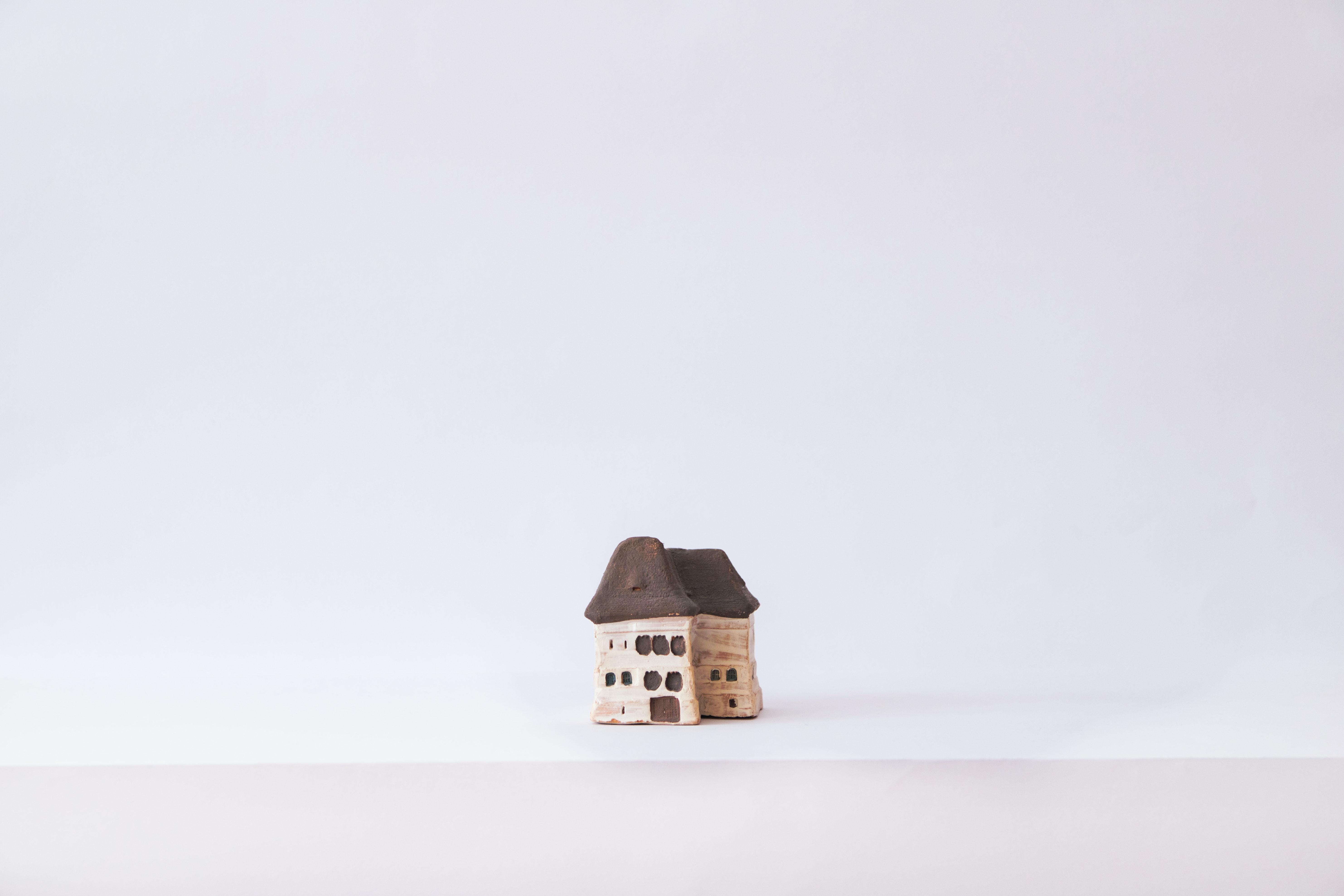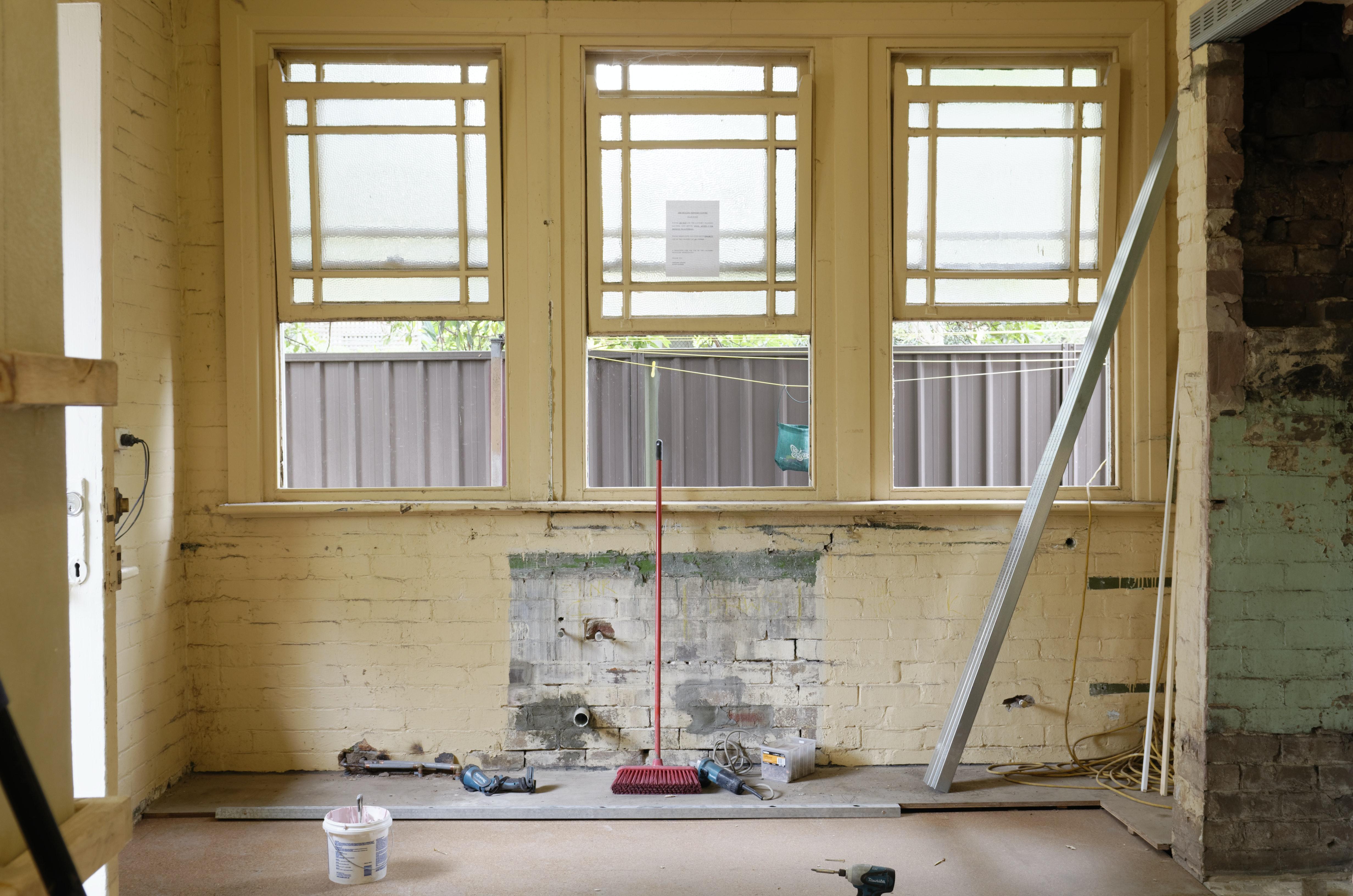Do you live in a home where everyone is constantly online, and you’ve thought about adding another internet provider to ensure steady connectivity for everyone? Or perhaps you’re working from home and require a backup internet connection for those crucial times when your primary internet connection drops out? Regardless of your reasons, having two internet providers isn’t as uncommon as you might think.
In this blog post, we’ll dive into how to have 2 internet connections, the possibility of having two internet connections one router, and address common questions such as, Can you have 2 WiFi at the same address? and Can you have 2 different internet providers in one house?
We will also explore the advantages and disadvantages of having multiple internet providers and provide tips on how to set up and manage multiple internet connections effectively. By the end of this comprehensive guide, you will have a solid understanding of how to have two internet providers in one house and the benefits it can provide for your household. So let’s dive right in!
Two Internet Providers in One House
Are you tired of fighting over internet bandwidth with your roommates or family members? Do you work online and need a reliable internet connection? If so, having two internet providers in one house may be your solution. Here are a few things to consider before making the switch.
Determine Your Internet Needs
Before signing up for a second internet service, make sure you know why you need it. Is it to stream movies, play games, work online, or all of the above? Knowing your internet needs will determine the type of plan you should sign up for.
Research the Available Providers in Your Area
Research the available internet providers in your area and compare their plans, prices, and features. Look for providers that offer different internet technologies, such as cable, DSL, and fiber-optic, to avoid network congestion and improve connectivity.
Consider the Equipment and Installation Costs
Having two internet services means you will need two modems and routers, which can add to the initial costs. Also, some providers may charge additional fees for installation, activation, or equipment rental. Be sure to factor in these expenses when budgeting for your new service.
Set Up a Network Load Balancer
A network load balancer can help distribute your internet traffic across the two providers, ensuring that no single connection gets overwhelmed. This is especially useful when streaming or gaming, or when multiple people are using the internet at the same time.
Monitor Your Internet Usage
Keep track of your internet usage to avoid going over your data allowances or getting charged for overages. Many internet providers offer tools to help you monitor your internet usage and manage your data consumption.
Having two internet providers in one house can help improve internet connectivity and eliminate the frustration of slow or unreliable internet. However, it’s important to weigh the costs and benefits before making the switch. With the right research and planning, you can enjoy fast and reliable internet without any interruptions.
How to Have 2 Internet Connections
Having two internet connections in one house may seem excessive, but it can come in handy, especially when you have multiple devices that need high-speed internet access. In this section, we will provide some tips on how to have two internet connections.
Determine Your Internet Needs
Before you start setting up a second internet connection, you need to determine why you need it. Are you having issues with your current connection? Do you have a home office that requires a dedicated internet line? Do you have a large household with multiple devices and users?
Choose Your Internet Providers
Once you’ve determined your internet needs, you need to choose two internet providers. Look for providers in your area that offer the service you need and compare their pricing, packages, and speeds. You can also check with your current provider if they offer two separate internet lines in your area.
Install Your Second Internet Connection
After choosing your internet providers, you can now install the second internet connection in your home. You can set up the second router in a different part of your home, or you can use a switch or hub to split the connection between the two lines.
Balance Your Traffic
Having two internet lines can help you balance the traffic between them, but you need a router that can manage both lines. You can use load balancing software to ensure that both connections get equal traffic, or you can assign a specific network to each internet line.
Test Your Connections
After setting up your second internet connection, it’s important to test both lines to make sure they are operational. You can test the speed, reliability, and performance of each line separately and together.
In conclusion, having two internet connections in one house can be a great way to improve your online experience. Follow these tips to set up the second connection and get the most out of your internet connections.
Two Internet Connections One Router
If you have two internet connections in your home, it might be tempting to connect them both to a single router. However, while it is technically possible, it’s not always the best idea.
Why You Might Want Two Internet Connections on One Router
There are several reasons why you might want to use two internet connections on the same router. For instance:
- You need extra bandwidth to support multiple devices
- You use one internet connection for work and the other for personal use
- You need a backup connection in case one internet provider fails or experiences downtime
How to Connect Two Internet Connections to a Single Router
To connect two internet connections to your router, you need a router that supports Dual WAN (Wide Area Network). It allows you to connect two internet connections to a single router and takes care of balancing the traffic between them.
However, not all routers have this feature or support it well, so it’s essential to check your router first before connecting two internet connections.
Once you have a router that supports Dual WAN, connect each internet connection’s modem to the router’s WAN ports. You can then configure load balancing or failover settings, depending on your needs.
Considerations When Using Two Internet Connections on One Router
While connecting two internet connections to a single router might seem like a good idea, it’s essential to keep some things in mind, such as:
- The load balancing settings may not work well with certain online apps and services
- Some online services may not allow the use of two IP addresses from different providers
- It might be difficult for some devices to choose which connection to use in the absence of load balancing settings
Using two internet connections on one router is not always as straightforward as it sounds. However, if you have a router that supports Dual WAN, you can connect two internet connections to your router and configure it to work as load balancing to handle your internet traffic needs. Just remember to keep in mind the considerations mentioned above to avoid any issues.
Can You Have 2 WiFi at the Same Address
Living with roommates or family members can be a challenge, especially when it comes to sharing an internet connection. The internet has become an essential part of our lives, and having a reliable and fast connection is crucial. But what happens when you have multiple people in one house who need to use the internet at the same time, and the connection slows down or becomes unreliable? Can you have 2 WiFi networks in the same house?
The answer is yes, you can have 2 WiFi networks in the same house. This is known as a dual-band router, which allows you to have two separate wireless networks running at the same time. This means that you can have one network for your personal devices, and another network for your roommate’s or family member’s devices.
Advantages of Having Two Networks
There are several advantages to having two separate networks in your home. The first is that it allows you to have more devices connected to the internet without the network becoming overloaded. This means that everyone in the house can use the internet at the same time without experiencing slow speeds or dropped connections.
Another advantage is that it allows you to have more control over the devices on your network. You can set up separate security settings and access controls for each network, which means that you can keep your personal devices safe from other users on the network.
How to Set up Two Networks
Setting up two networks in your home is relatively easy. First, you will need a dual-band router that supports two separate networks. Once you have the router, you can set up one network on the 2.4GHz band and the other on the 5GHz band. This will give you two separate networks that you can use for your personal devices and your roommate’s or family member’s devices.
To set up the networks, you will need to access the router’s settings through a web browser. From there, you can set up the networks and customize the settings and security features to meet your needs.
In conclusion, having two WiFi networks in your home is a great way to ensure that everyone in the house can use the internet without experiencing slow speeds or dropped connections. With a dual-band router, you can set up two separate networks that give you more control over your devices and security settings. Setting up two networks may seem like a daunting task, but with the right equipment and a little bit of know-how, it is a straightforward process that can make your home life much easier.
Can You Have 2 Different Internet Providers in One House
In today’s digital age, having a high-speed internet connection is essential. With so many internet service providers available, it’s no wonder that people are considering having two different internet providers in one house.
Is it Possible
Yes, you can have two different internet providers in one house, but it’s not always feasible. It largely depends on the type of internet connection you have and your location.
Why Would You Need Two Providers
There are several reasons why someone might consider having two different internet providers in their home. For instance, one provider may offer faster speeds, but another may have a more reliable connection. With two providers, you can take advantage of the best features of each service.
The Downsides
While having two different internet providers may seem like a good idea on paper, there can be some downsides to consider. First, it can be expensive to pay for two different services. Additionally, managing two separate networks can be challenging and confusing, especially for those who aren’t tech-savvy. Lastly, having two different providers can lead to more wires and additional devices, which can clutter your home.
How to Set Up Two Providers
If you decide to go ahead and set up two different internet providers in your house, there are a few things you need to consider. First, make sure your router can support multiple providers. Next, you’ll need to connect each modem to a separate LAN port on the router. Lastly, you’ll need to configure the router to use both connections.
While having two different internet providers in one house is possible, it’s not always practical. If you’re considering this option, weigh the pros and cons before making a final decision. Remember to take into account the cost, equipment needed, and potential challenges with managing multiple networks.



